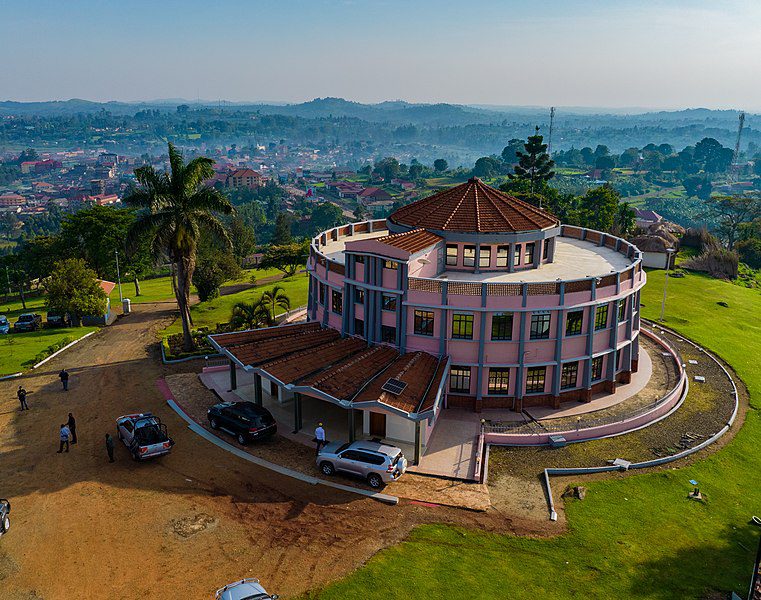In a landmark move to transform Uganda’s economy, President Yoweri Kaguta Museveni has announced a comprehensive ban on the export of unprocessed raw materials. The policy, shared via a State House Uganda post on X at 15:11 EAT on April 7, 2025, reflects the government’s commitment to fostering value addition and creating jobs. President Museveni’s statement, “I have banned the export of unprocessed raw materials from here. Over my dead body!” underscores his resolve to ensure Uganda reaps the full benefits of its resources.
This policy builds on earlier initiatives, like the 2021 ban on unprocessed agricultural exports, to address what Museveni calls an “economic haemorrhage.” Agriculture, which accounts for 80% of Uganda’s exports, has long seen its value lost to foreign processors. By mandating local processing of raw materials like coffee, tea, and minerals, the government aims to retain revenue and create employment. A senior official from the Ministry of Trade noted, “This ensures the wealth from our resources stays in Uganda, benefiting our farmers and workers.”
The ban is expected to stimulate growth in domestic industries, particularly in agriculture and manufacturing. Local processing of raw materials will create thousands of jobs, especially for Uganda’s youth, while reducing the country’s reliance on imported finished goods. Success in sectors like dairy and fisheries, where value addition has boosted exports, shows the potential for this approach. Economist Dr. Amina Zawedde said, “This policy will empower local communities and stimulate factory growth—it’s a win-win for Uganda.”
Many Ugandans have welcomed the announcement, seeing it as a step toward economic independence. On X, users like Joseph Brown expressed gratitude, while El Faraj noted the issue’s long-standing nature. The government has pledged to support stakeholders through training, financing, and infrastructure development to ensure a smooth transition. President Museveni’s focus on building a self-sustaining economy resonates with citizens eager for change.
Uganda’s move aligns with a broader African trend to break free from the “resource curse” by prioritizing local processing. Countries like Zimbabwe have taken similar steps, and Uganda’s policy could serve as a model for the continent. As global demand for raw materials rises, Uganda is positioning itself as a leader in sustainable development. This ban marks a new chapter in the country’s journey toward economic self-reliance.
While challenges like processing capacity remain, the government’s proactive approach has instilled hope among Ugandans. With continued support and a focus on implementation, this policy could transform Uganda into a hub of value-added production. President Museveni’s words, “Over my dead body!” reflect his unwavering commitment to a stronger, more prosperous Uganda. This bold step promises a legacy of growth for generations to come.







